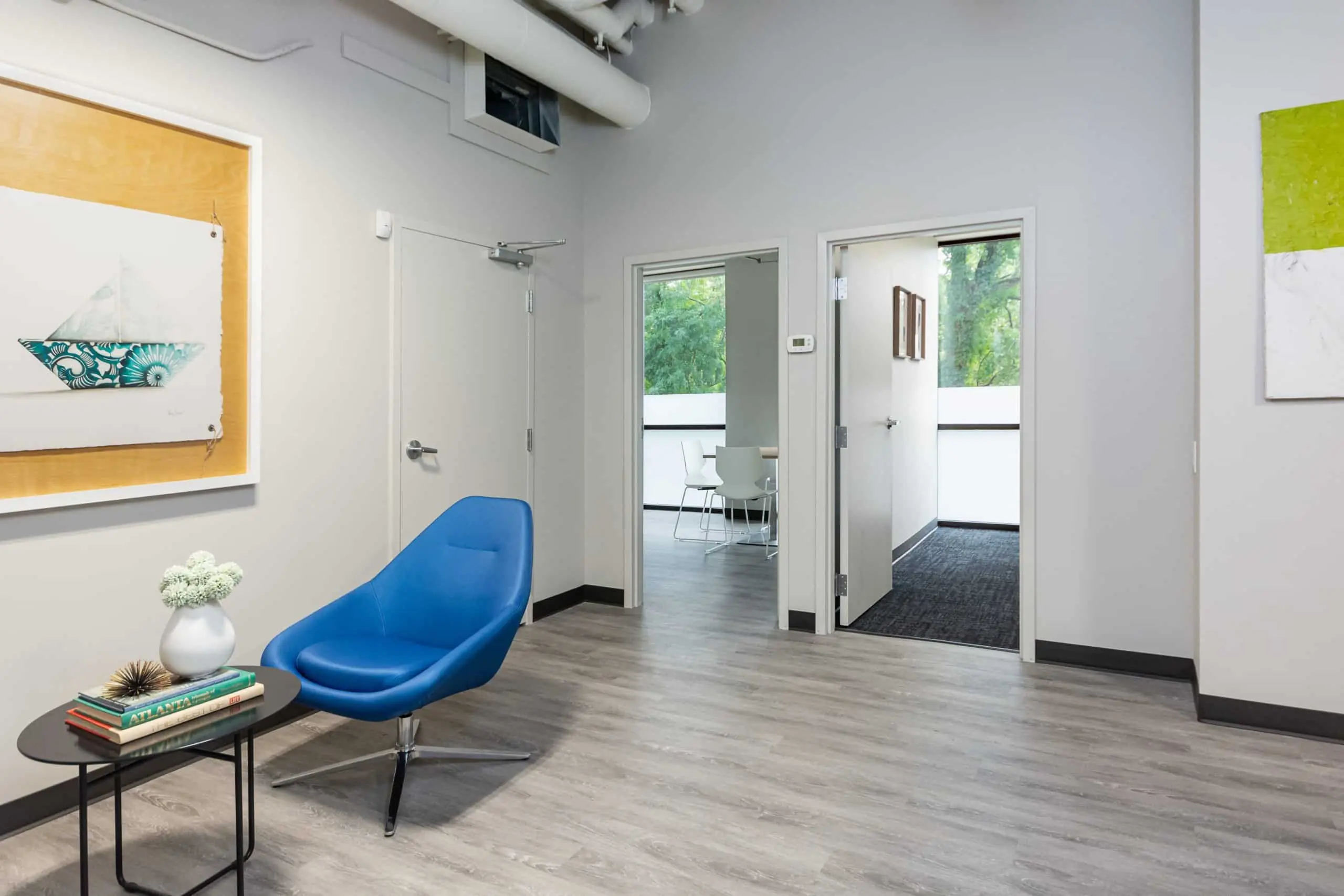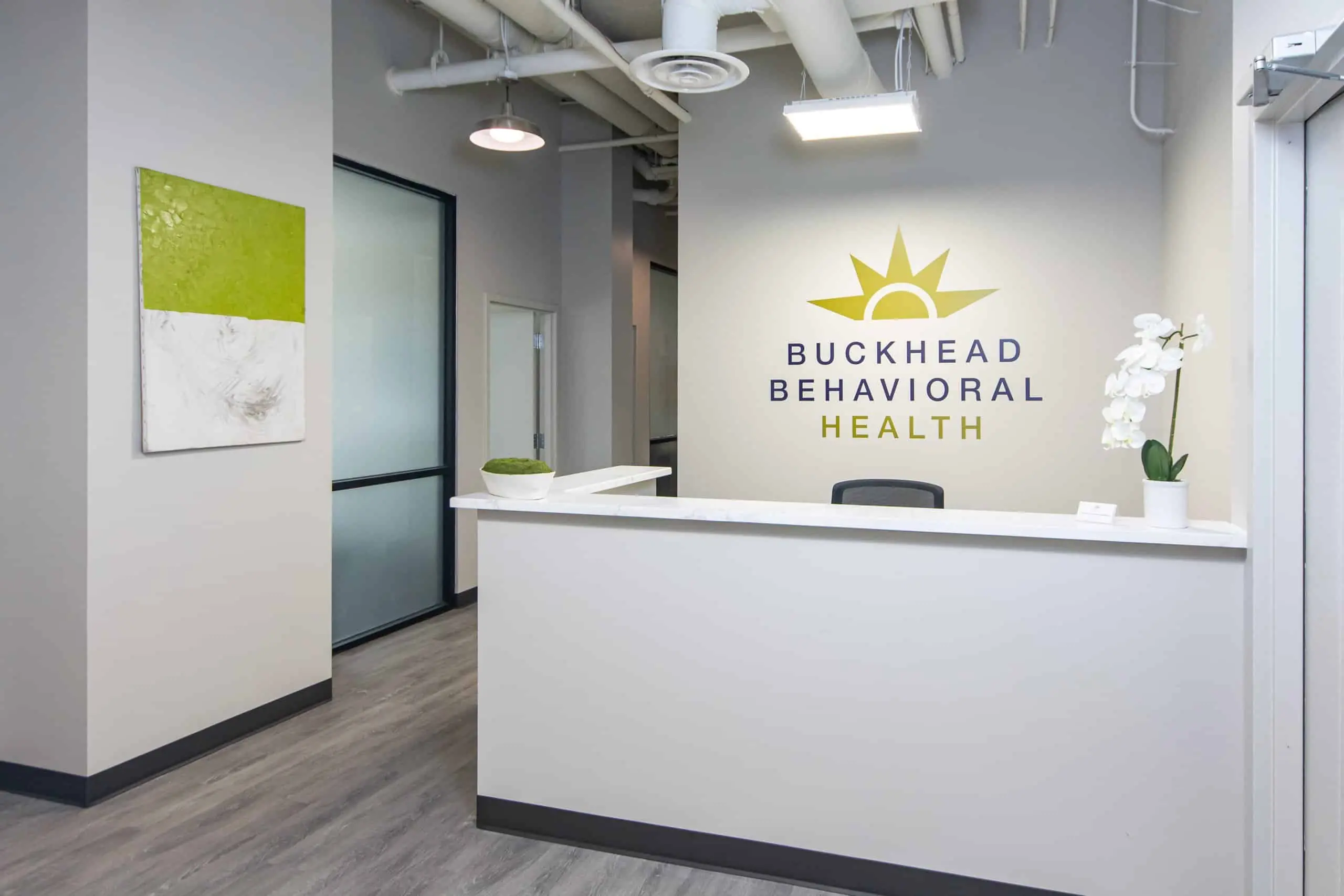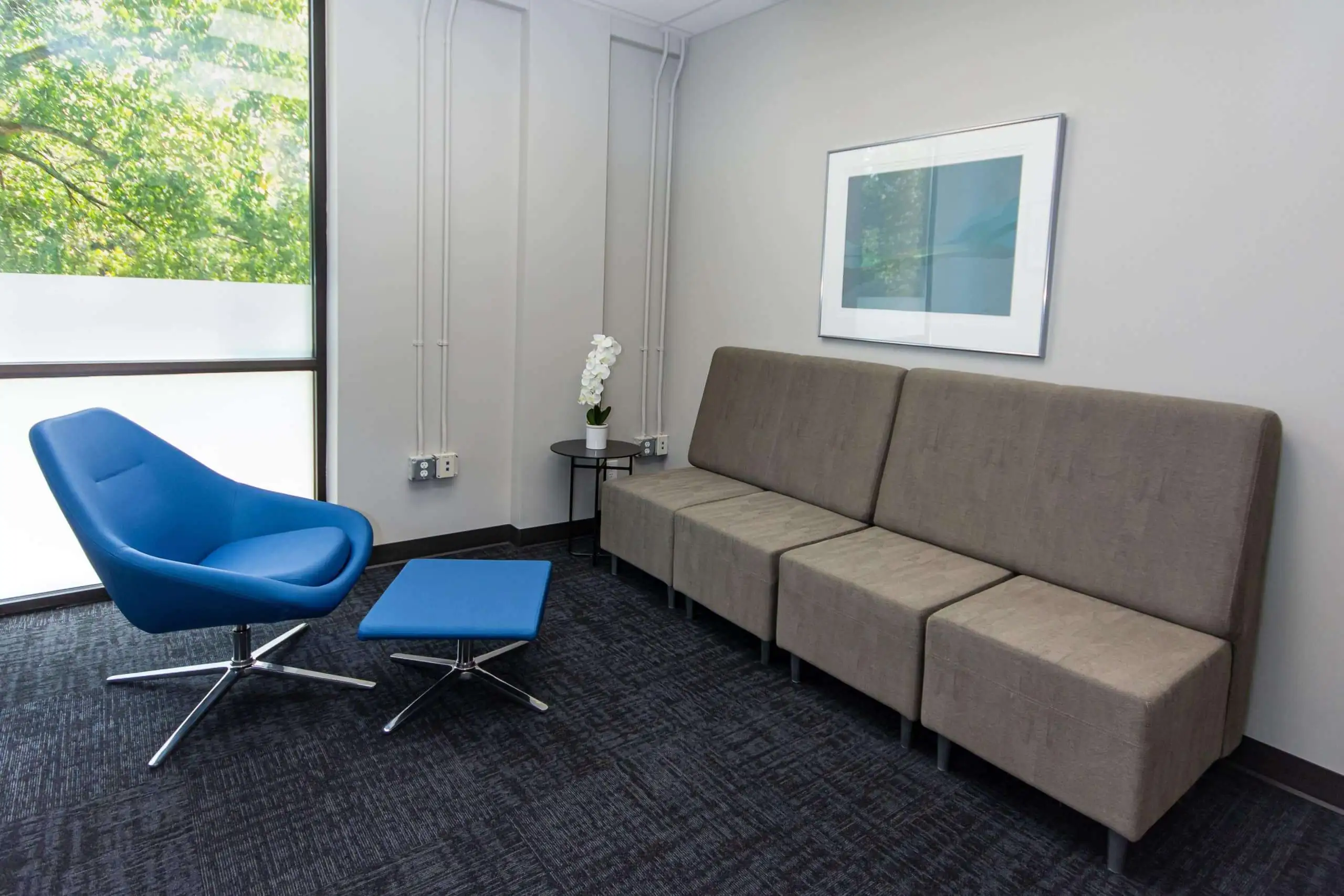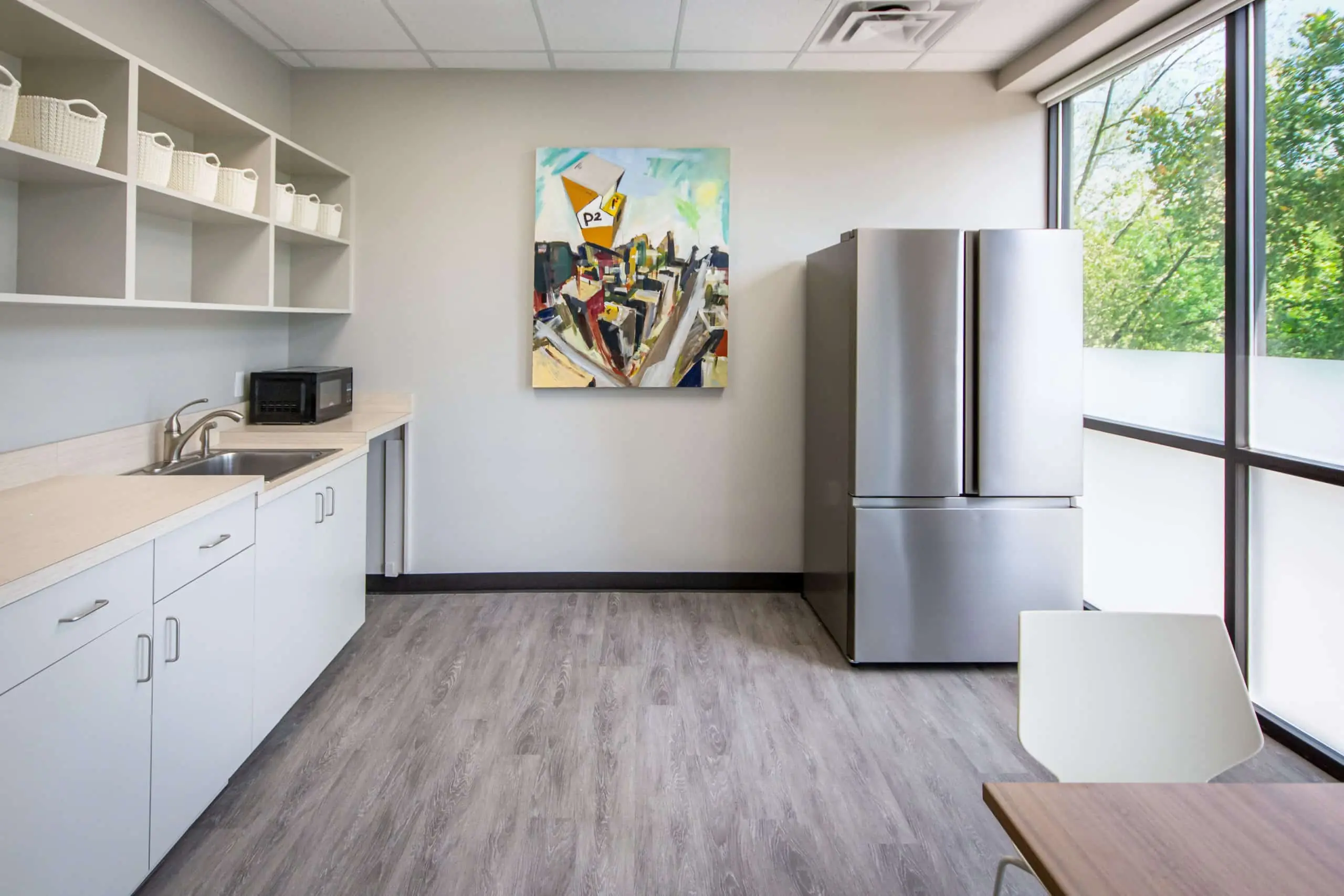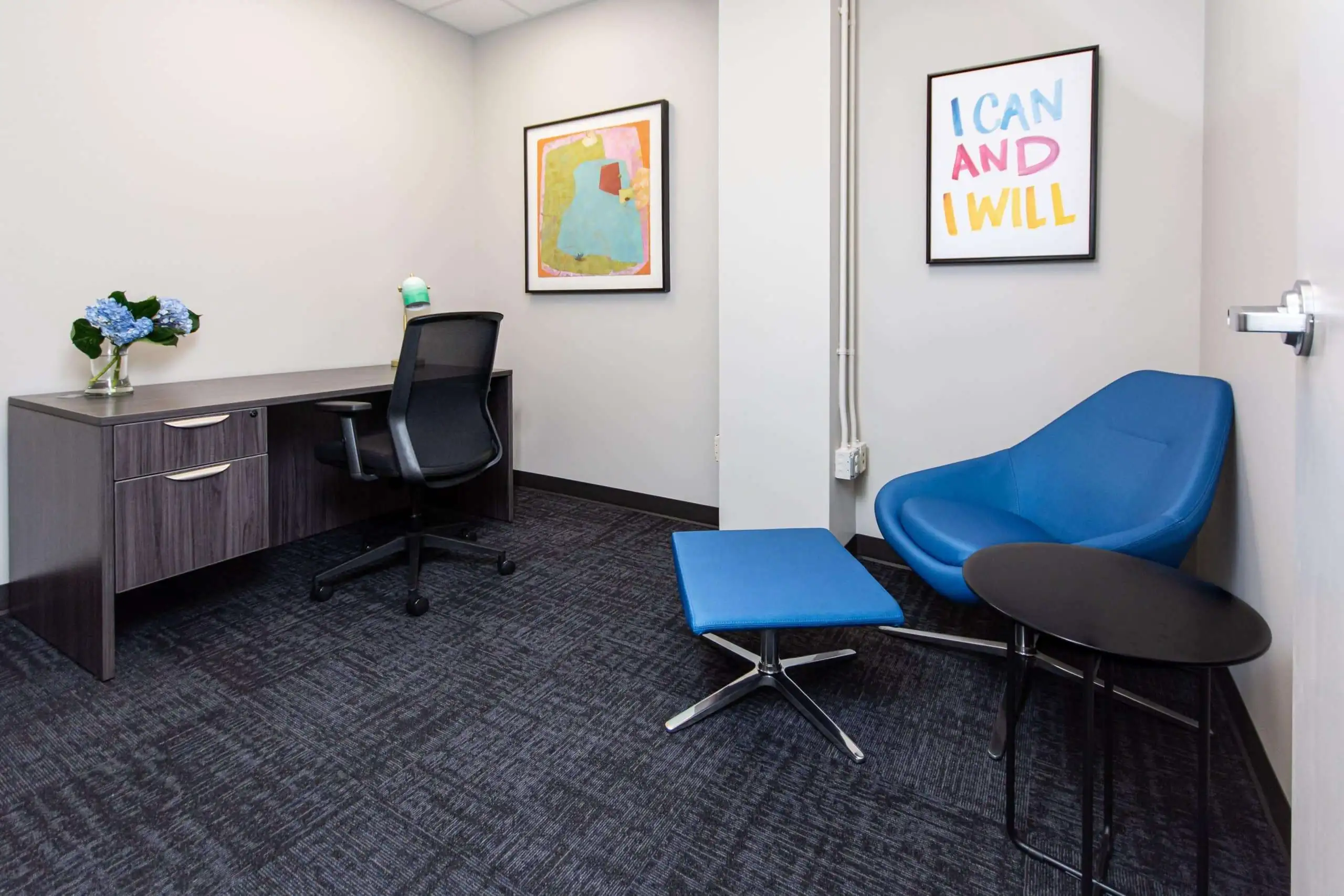Red Light Therapy for Addiction and Mental Health: A Natural Path to Healing
Over the past few years, red light therapy—also known as low-level laser therapy or photobiomodulation—has gained attention for its potential to address a variety of health conditions. From skin rejuvenation to pain relief, this non-invasive treatment promises numerous benefits. But did you know that red light therapy can also play a pivotal role in addiction recovery and mental health care? At Buckhead Behavioral Health in Atlanta, we recognize that not everyone responds to the same forms of treatment. That’s why we offer red light therapy among our diverse range of services, giving you more options for creating a recovery plan that suits your unique needs.
What Is Red Light Therapy?
Red light therapy (RLT) is a non-invasive technique that exposes your body to red or near-infrared (NIR) light, typically for around 20 minutes at a time. During sessions, you can sit, stand, or lie down while a trained professional directs the light toward specific areas of your body, often the scalp. This targeted exposure helps enhance cellular function by boosting the mitochondria’s ability to produce energy (ATP). As a result, cells can repair and regenerate more efficiently, promoting everything from faster muscle recovery to improved mood.
How Red Light Therapy Works
- Stimulates Mitochondria: The red and NIR light wavelengths penetrate deep into the skin, where mitochondria absorb the energy and produce more ATP.
- Boosts Cellular Activity: Improved ATP production can speed up tissue repair and cellular regeneration, which can be beneficial for a wide range of conditions.
- Enhances Overall Wellness: Many people report increased energy, better sleep patterns, and relief from issues like chronic pain, inflammation, and even stress.
How Does Red Light Therapy in Atlanta Work?
Researchers have discovered that certain wavelengths of red and near-infrared light can significantly impact cells within the human body. By using specialized equipment, therapists can deliver these wavelengths to targeted areas. At Buckhead Behavioral Health, we incorporate red light therapy into multiple levels of care:
- Partial Hospitalization Program (PHP)
- Intensive Outpatient Program (IOP)
- Evening IOP
- Outpatient Rehab
- 90-Day Rehab
Red light therapy initially attracted attention for improving skin conditions and wound healing. However, as scientists continued exploring its possibilities, they found that RLT may also help support mental health and provide relief during addiction recovery.
Is Red Light Therapy Effective for Addiction?
While red light therapy is widely recognized for addressing inflammation, chronic pain, arthritis, and skin issues, growing evidence suggests that RLT may also aid addiction recovery. Withdrawal from drugs and alcohol often comes with intense mental strain and uncomfortable withdrawal symptoms, which can trigger other mental health conditions like depression, anxiety, or obsessive-compulsive disorder.
How RLT Supports Recovery
- Mental Relaxation
The calming effect of RLT sessions can help reduce negative emotions and stress levels, offering a fresh perspective during the recovery process. - Mood Enhancement
By stimulating cellular function, RLT can boost energy and mood, potentially easing symptoms of depression or anxiety. - Motivation and Mental Clarity
Feeling mentally and physically “better” can foster greater motivation to continue sober living and resist relapse triggers.
Note: Individuals with certain mental health conditions, such as bipolar disorder, should consult a healthcare professional before starting RLT to avoid potential risks like triggering manic episodes.
Is Red Light Therapy Safe?
Red light therapy is generally considered very safe when used as directed. Unlike ultraviolet (UV) light from the sun or tanning beds, red and near-infrared wavelengths are not associated with skin cancer or other harmful side effects. RLT is non-invasive, does not rely on chemicals, and typically involves no discomfort during sessions.
Potential Side Effects
- Minimal to None: Most people experience no notable adverse effects.
- No Harmful Radiation: Red and near-infrared light do not produce the kinds of radiation that can damage skin cells or DNA.
- Follow Instructions: As long as you adhere to the therapist’s guidelines, you’re unlikely to encounter any issues.
Benefits of Red Light Therapy for Mental Health and Addiction
- Enhanced Cellular Function
Boosting ATP production may strengthen the immune system, which is especially critical for those who’ve struggled with long-term substance abuse. - Reduced Inflammation
Chronic inflammation can worsen both physical and mental health. RLT’s anti-inflammatory effects may ease pain and improve overall well-being. - Better Sleep Quality
Withdrawal symptoms often disrupt healthy sleep. Improved cellular function can help regulate sleep patterns, a key factor in maintaining emotional stability. - Stress Relief
Addiction recovery can be stressful. The soothing nature of RLT sessions can aid in managing stress, preventing relapse triggers, and maintaining balance in everyday life. - No Major Side Effects
Because the treatment is natural and non-chemical, most individuals tolerate it well, making it an excellent adjunct therapy alongside other treatment modalities.
Incorporating Red Light Therapy into Your Recovery
At Buckhead Behavioral Health, we believe that no single treatment works for everyone. That’s why we offer red light therapy as part of a holistic approach to addiction recovery. Whether you’re in PHP, IOP, or a longer rehabilitation program, RLT can complement traditional therapies like counseling, group sessions, and medication-assisted treatment.
- Personalized Treatment Plans: Our dedicated team will assess your medical history, mental health conditions, and addiction severity to determine if RLT is a good fit.
- Ongoing Monitoring: We’ll track your progress to ensure you’re experiencing the benefits of RLT—such as improved mood and reduced withdrawal symptoms—without complications.
- Integrated Care: RLT is most effective when combined with evidence-based therapies like cognitive-behavioral therapy, motivational interviewing, or family counseling.
Want to Learn more about Buckhead Behavioral Health?
Start Your Healing Journey with Red Light Therapy in Atlanta
Choosing to pursue addiction treatment is a critical first step toward a healthier, happier life. Red light therapy can serve as a valuable tool in your recovery arsenal, working alongside other clinical methods to provide comprehensive, individualized support.
Why Buckhead Behavioral Health?
- Holistic Approach: We offer a wide range of therapies, from traditional talk therapy to emerging treatments like red light therapy.
- Expert Team: Our staff is trained to address both physical and mental health challenges, ensuring integrated care.
- Customized Programs: Find your ideal level of support—PHP, IOP, Evening IOP, or Outpatient Rehab—and incorporate RLT on your terms.
Ready to explore how red light therapy can enhance your addiction recovery?
Contact us at Buckhead Behavioral Health to learn more about our programs and schedule a consultation. We’re here to guide you every step of the way, ensuring that your road to recovery is as smooth, safe, and effective as possible.
